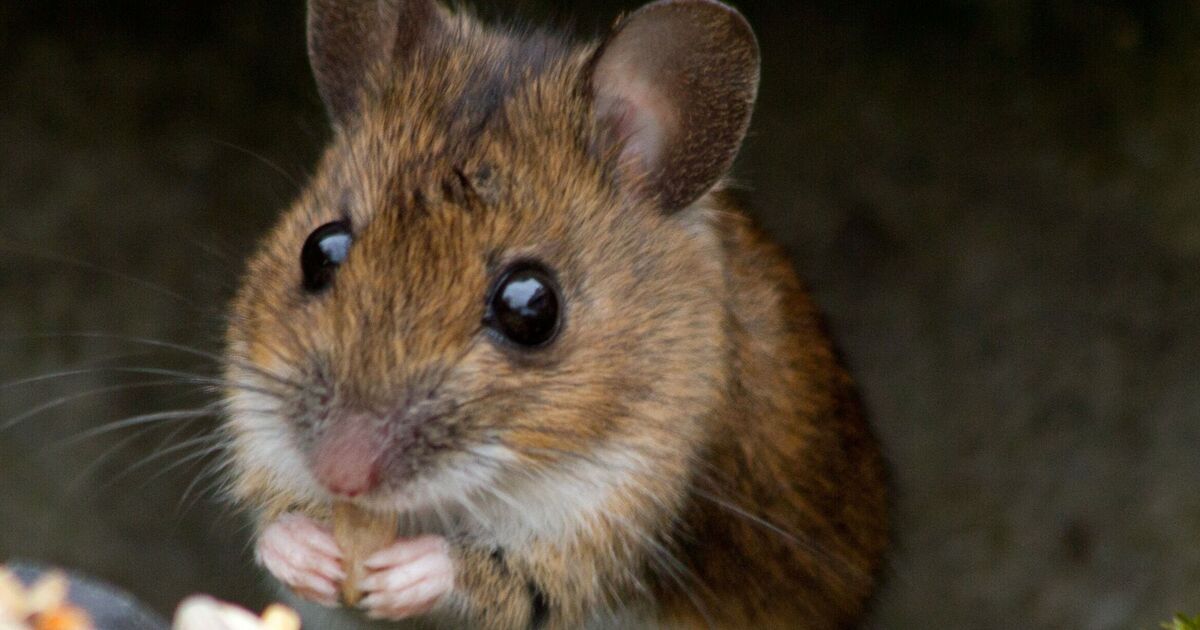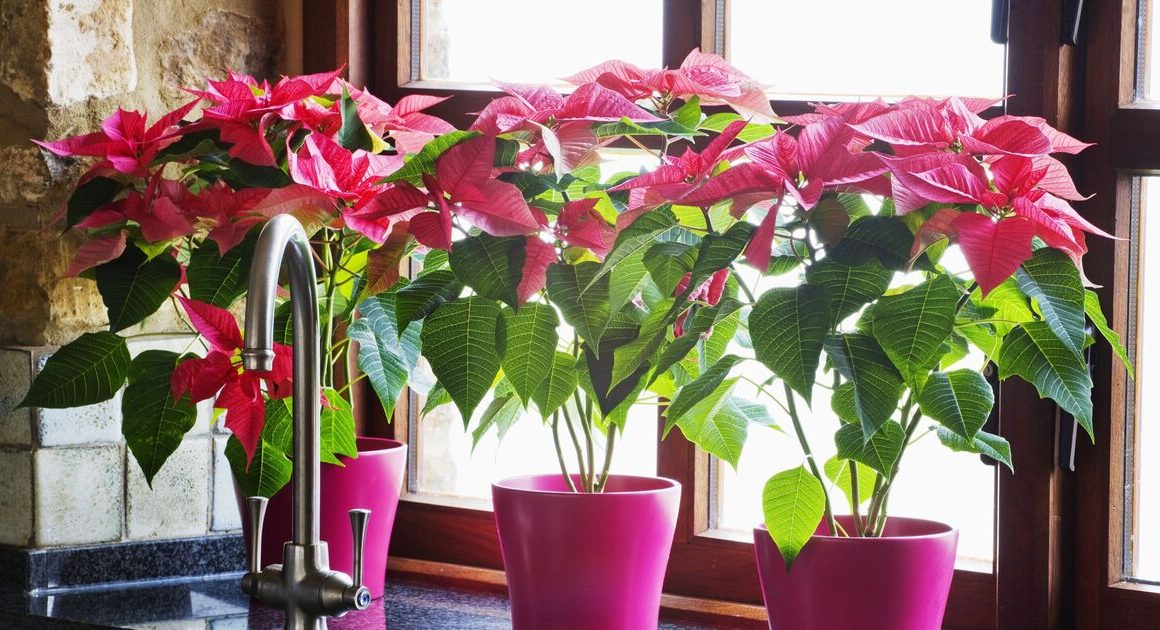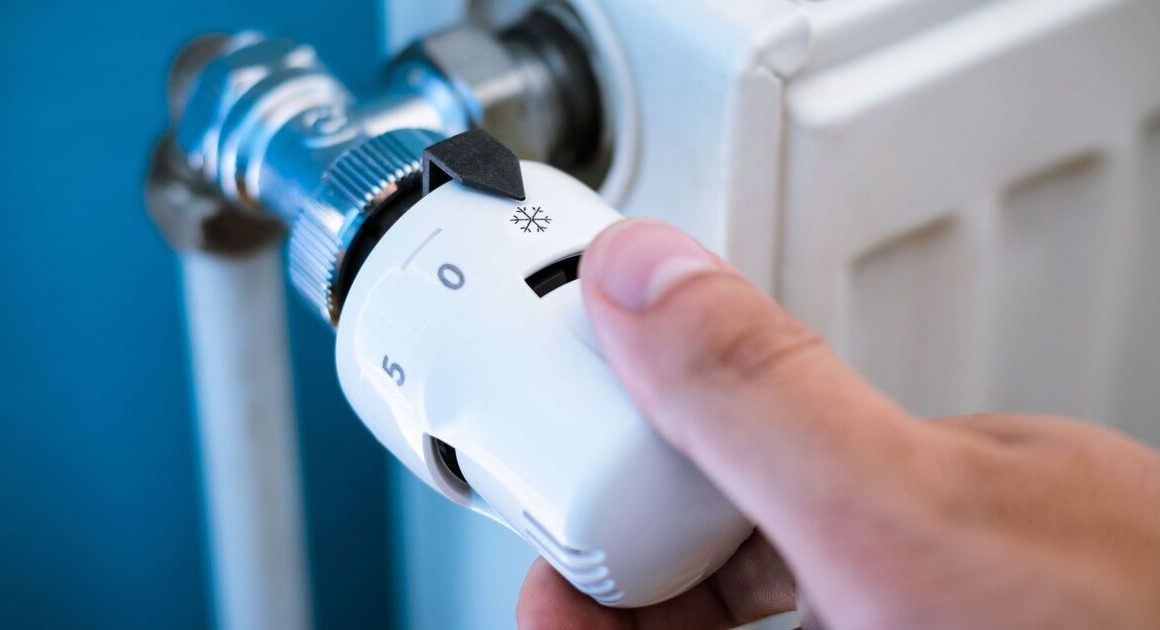While mice may seem cute to some people, they are considered a pest because of how quickly they can multiply and the large amount of damage they can cause.
Females can have up to 15 litters per year, the MSD Manual Veterinary Manual – a trusted resource for veterinarians – verified.
Plus, each litter could contain up to 12 baby mice, known as “pups”, showcasing how quickly a mice infestation can occur.
When making a nest in your home, mice can gnaw through furniture, wiring, books, and insulation.
Mice can contaminate food with urine, faecal droppings and hair, and some may carry and spread diseases.
To prevent mice from entering your house in the first place and setting up a home within your home, a natural repellent could be the solution.
Wanting to test out a scent that reportedly deters mice, Shawn Woods set up his own experiment and posted the outcome on YouTube.
“We’re going to test and see if mint actually works as a natural rodent repellent,” Shawn shared.
There have been many reports that “mice hate the smell of mint”, said Shawn, who was sceptical at first of its use.
“The most recommended method is to get highly concentrated peppermint oil, like [an] essential oil,” said Shawn.
“They say if you place cotton balls around your house and refresh it on a regular basis with peppermint oil, you’re less likely to have a rodent problem.”
For Shawn’s experiment, he compared how mice reacted to a “feeding station” full of seeds when there was and wasn’t peppermint oil.
When there was no peppermint oil, the mice came into the feeding station and ate the food.
But when there was peppermint oil, the mice wouldn’t even enter the feeding station.
“After setting up this experiment and reviewing the motion camera footage, I am convinced that mice hate the smell of mint,” said Shawn.
“It’s true, mint oil works as a natural rodent repellent; it’s a great tool in keeping rodents out of your house.”
Shawn added: “You just need to replenish it as needed, but it definitely works.”











